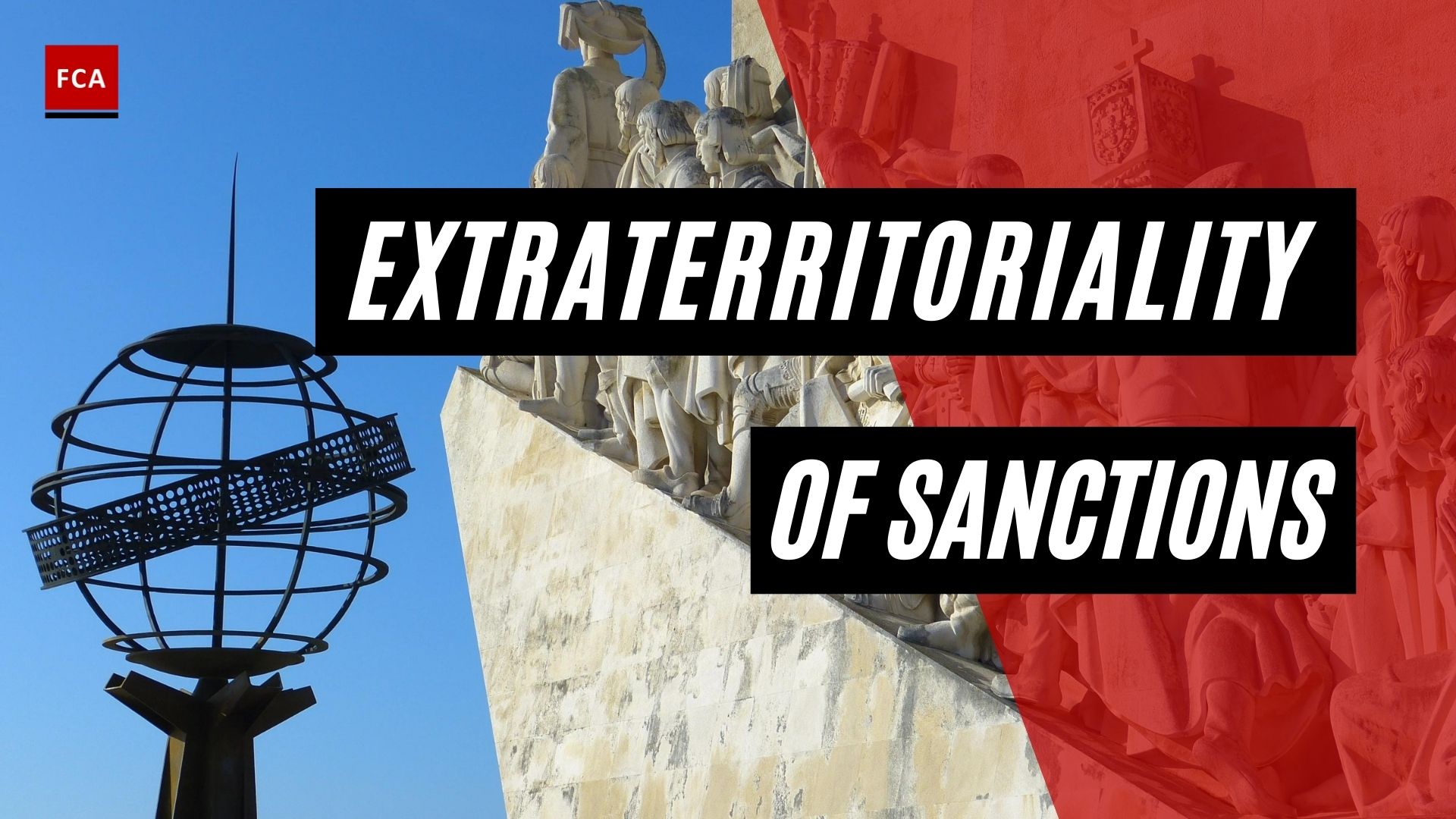We will talk about speak about the consequences for individuals or non-compliance with applicable sanctions laws and regulations for individuals. We will also make a case study and speak about the case of Bobby Fischer.
What Are The Consequences For Individuals?
Individuals are subject to sanctions; therefore, all individuals are liable to fines and penalties. These fines and penalties vary from country to country. In the US, this may include a fine of up to 1 million US-dollar and 20 years in prison. In Australia, prison time can be up to 10 years and may include fines of 450 thousand Australian dollars or three times the value of the transaction.

Bobby Fischer
Now let’s talk about Bobby Fischer, who is considered to be the most brilliant chess player in history. In 1972, at the height of the Cold War, Bobby Fischer became a hero for the free world. Only 29 years old at the time, he became world-known by challenging and defeating the world chess champion at the time, Boris Spassky of the Soviet Union. The match, called the “Match of the Century”, took place in Reykjavik, Iceland.
In 1992, when the United States under President Bill Clinton invaded the small country of Yugoslavia, bombing it for weeks and weeks as a prelude to similar invasions of Iraq by his successors. There was a rematch scheduled in Yugoslavia with the Russian chess master Boris Spassky. Fischer won the match 10 games to 5 and collected the winning stake. Immediately, he was charged by the US with violating UN sanctions.
The Brilliant Chess Master In History
Since that time, the chess genius has been moving around the world, from country to country, avoiding the US authorities for 8 years of the Clinton administration and 3 years of the George W. Bush administration. Apparently, he has spent time in Japan and in the Philippines. However, in 2004, he was detained in Japan for trying to travel on a revoked U.S. passport. After eight months in detention, during which the United States sought to have him extradited, Iceland granted him citizenship in March 2005. In 2008, he died in Iceland at age 64.
Impact of Non-Compliance
Failure to comply with AML laws and regulations, as well as breaches of financial sanctions, can have serious consequences, including punitive fines, criminal proceedings, damaged reputations, and sanctioning – all of which are compelling reasons to justify compliance efforts. All of the aforementioned consequences can seriously harm a financial institution’s credibility and performance. Becoming a sanctioned party as a result of financial sanctions violations can be even more damaging.
Being sanctioned by one or more global bodies significantly reduces, if not completely eliminates, a financial institution’s ability to provide for and cater to the needs of its international customers for performing global transactions. Regardless, financial sanctions, which include the freezing of assets by counterparties, will put enormous strain on the sanctioned financial institution’s liquidity.
Mitigating Responses
Faced with evolving and increasing AML laws and regulations, as well as financial sanctions that impose stringent compliance requirements and severe repercussions in cases of non-compliance, financial institutions are becoming increasingly aware of the need for additional substantial investment in systems and human capital to assess, manage, and mitigate the perils of non-compliance, whether due to intentional staff breaches, error, or a breakdown in the systems and processes implimenting compliance.
Investment In Human Capital
Financial institutions must ensure that their staff, particularly those charged with developing and implementing compliance systems, processes, and controls, have the necessary knowledge, competencies, awareness, and understanding of anti-money laundering regulations and financial sanctions. Spending on staff training is increasing as financial institutions become more aware of the consequences of noncompliance caused by employee error or ignorance of procedures.
Final Thoughts
In order to deal with the conflicting and overlapping sanctions regimes, financial institutions must be increasingly proactive and vigilant in their daily operations and transactions, in addition to ongoing efforts to comply with anti-money laundering regulations. Regular risk assessment reviews are a top priority for financial institutions that want to keep their systems running smoothly.








